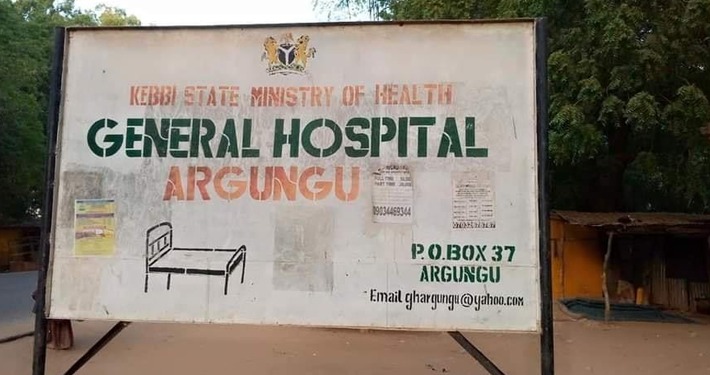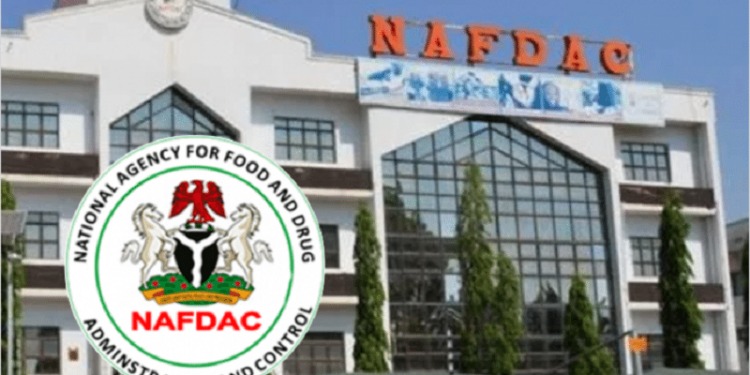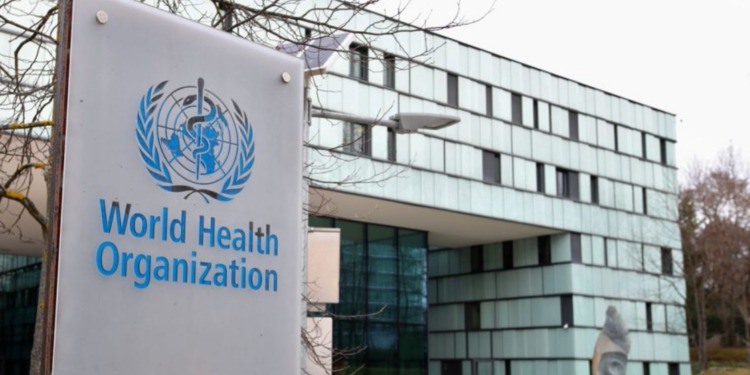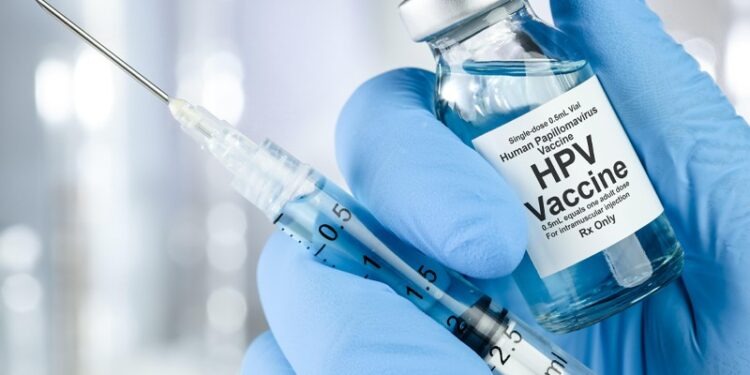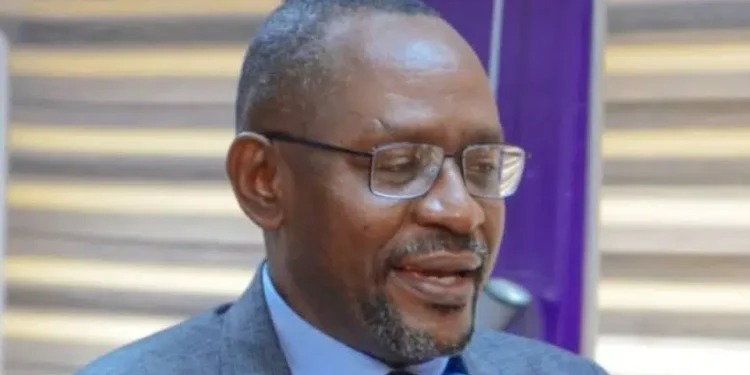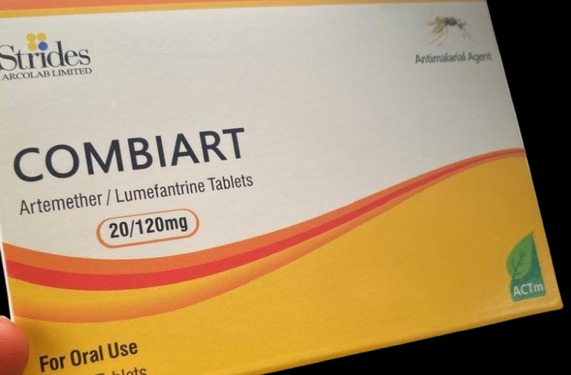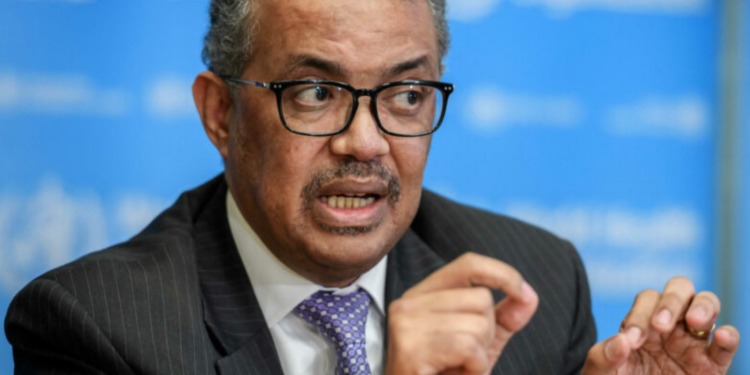The Director-General of the National Health Insurance Authority (NHIA), Dr. Kelechi Ohiri, has lamented over the rising burden of healthcare costs in Nigeria, describing it as unsustainable. On Tuesday in Abuja, speaking about Nigeria’s commitment to achieving Universal Health Coverage (UHC) by 2030, Ohiri emphasized the critical role of equity, innovation, and systemic reforms as …

